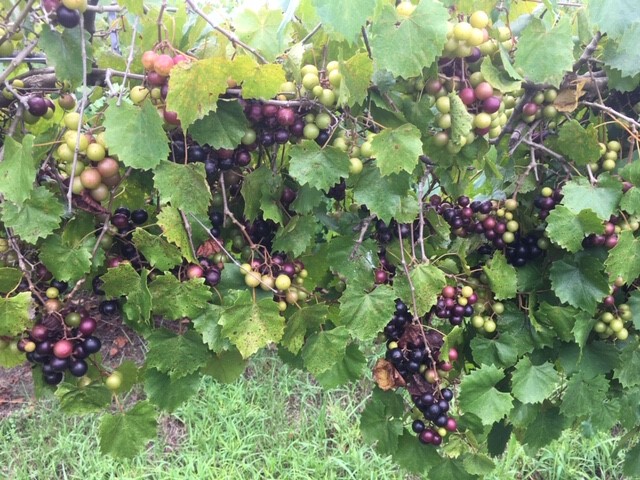Clemson Extension agents provided updates in The South Carolina Grower this week about the status of various crops being produced throughout the state.
Statewide
Dr. Tony Keinath with a word on crop rotation. “To keep the soil on your farm productive over the long term, do not replant the same vegetable, or a related crop, in the same field “too often.” How often is “too” often depends on the crop and the pathogens present in the soil. Almost always, “too often” is less than 12 months between disking the old crop and planting the new crop.
The main risk in replanting “too often” is building up root pathogens that survive in the soil for years. Even in the heat, diseased roots and stems take several months to decay enough so they are not a source of pathogens.
Another risk is foliar diseases that start on volunteers from the previous crop. The pathogens may be in or on some of the seed that sprouts; for example, black rot on leafy brassica greens or gummy stem blight on cantaloupe and watermelon. A small number of infected volunteers means the disease has a head start right at the beginning of the crop.
Controls for soilborne pathogens (fungi, water molds, and nematodes) are limited.
- Many vegetable crops have no resistance to these pathogens.
- Fungicides do not penetrate soil well, or they are quickly inactivated.
- Fumigants have many restrictions that require time-consuming record keeping and air monitoring.
Root-knot nematodes are a special problem, because they form galls on many vegetables and some field crops (cotton, for example) grown in rotation with vegetables. Summer cover crops of sunn hemp can lower nematode numbers.
Without crop rotation, more fungicide sprays will be needed, which raises the risk of fungicide resistance. Fungicides and fumigants are not a substitute for good crop rotation.”
Midlands
Justin Ballew reports, “Many areas got a little more rain last week, and we had a break from the heat over the weekend. We have a lot of the fall crop planted now, including squash, zucchini, tomatoes and brassicas. So far everything is mostly growing well. We are seeing bacterial wilt develop in some of the fall-planted tomato fields. Bacterial wilt loves hot soil temperatures, which is typical this time of year. Be sure to follow a proper crop rotation plan (at least 3 years) to help manage bacterial wilt buildup in fields. Since the heavy rain we got a few weeks ago, we’ve also seen plenty of bacterial spot in what’s left of the spring tomatoes.”


Pee Dee
Bruce McLean reports, “Most summer vegetable crops are starting to wind down. Peas, okra, watermelon and cantaloupe are still being harvested at some volume. Late summer/fall squash, cucumbers and tomato harvest are a couple of weeks away. Fresh market muscadines are being harvested now. Juice and wine muscadines are getting close – maybe 7 to 14 days away, depending upon location. In most juice and wine muscadine vineyards, Carlos is around 40% colored (ripe); Noble is around 60%; and Doreen is around 25%. Grape root borer (GRB) flight is still occurring, with moderately high moth counts in traps.”


Tony Melton reports, “‘Another Crop Bites the Dust’ from spreader/stickers. I have seen too many farmers sing this sad song. Be careful and know what you are doing when adding a sticker/spreader when spraying vegetables. Short season, tender vegetable crops will burn very easy in our heat and do not have time to come back like long season row-crops. Our state’s second major watermelon/cantaloupe season is in full season in Chesterfield County. Harvest is in full swing and will continue until frost. Curculio sprays are beginning to be applied to the fall pea crop. Looks like pickle harvest will continue until frost.”









